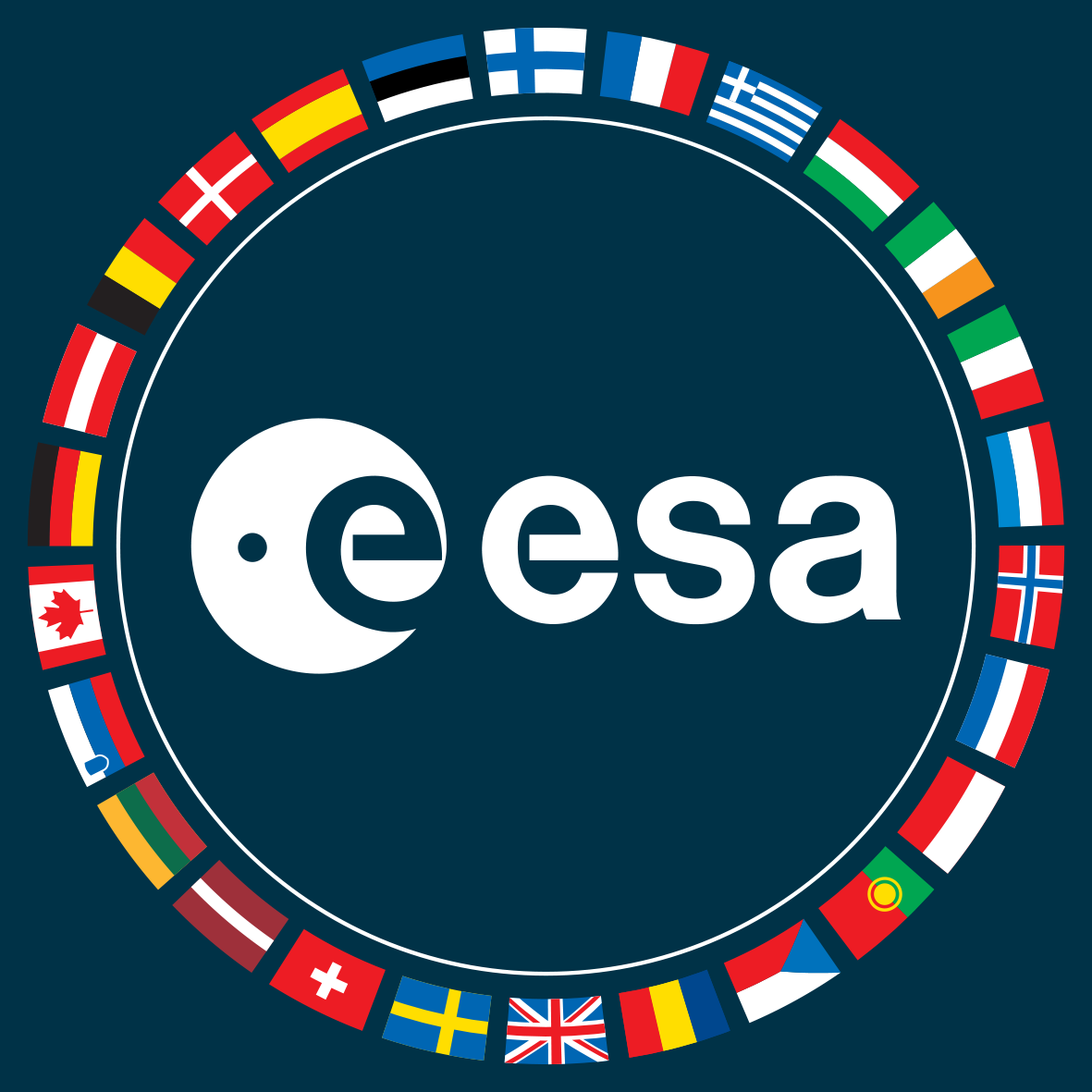Internal Research Fellow for New Space Data Quality Assessment
Frascati, Italy, ESA [10170]
About this job
ESA is looking for an Internal Research Fellow for New Space Data Quality Assessment.
Our team and mission
The Sensor Performance, Products and Algorithms (SPPA/EOP-GMQ) Section at ESA’s Earth observation centre, ESRIN, has a wide range of functions, the objective of which is to provide Earth observation mission end-users with the best possible product quality. Among the tasks managed by the Section are in-orbit sensor calibration, product validation and verification activities and the routine quality monitoring of data generated by the mission scientific payloads, as well as the improvement of processing algorithms during the exploitation phase of a mission.
The research field is associated with the quality assessment of so-called New Space, in particular New Space as it relates to high-resolution observation. Since the 1970s, the ESA Earthnet Programme has been providing the framework for “integrating” non-ESA missions (third-party missions) in the overall ESA Earth observation (EO) strategy, enabling a complete, coherent system for observing our planet. The Earthnet programme, together with the ESA missions, is also a major contribution to the Global Earth Observation System of Systems (GEOSS). This system is being put in place through the GEOSS initiative.
GEOSS will provide decision-support tools to a wide variety of users. This ‘system of systems’ will proactively link together existing and planned observing systems around the world and support the development of new systems where gaps currently exist. It will promote common technical standards so that data from the thousands of different instruments can be combined into coherent data sets. In order to ensure proper knowledge of the data content, Quality Assurance for Earth Observation (QA4EO) principles have been developed; QA4EO has been endorsed by CEOS as a contribution to facilitate the GEO (Group on Eearth Observations) vision for GEOSS. The aim of GEOSS is to deliver comprehensive and timely knowledge/information products worldwide to meet the needs of its nine “societal benefit areas”. This can only be achieved through the synergistic use of data derived from a variety of sources (satellite, airborne and in situ) and the coordination of GEO member resources and efforts. A system of systems can be coherent only if the information provided by the various systems comes with documented, traceable uncertainty, making synergetic use of the information possible and meaningful.
Responsibilities
• Reviewing the calibration, validation and quality reports from various high-resolution missions in optical and SAR domains;
• Developing approaches/methods/criteria for assessing the quality of high-resolution products in optical and SAR domains;
• Developing a Quality Maturity Matrix for various data sets in optical and SAR domains, based on standardised criteria;
• Developing the concept of Analysis-Ready Data, in particular for high-resolution (spatial) data sets in optical and SAR domains;
• Developing procedures/methods to assess Analysis-Ready Data maturity;
• Proposing innovation in the area of EO product algorithm development, calibration and validation, through a collaborative framework with remote-sensing scientists, aiming to introduce more flexibility into the ESA services to EO users;
• Continuously assessing evolving user requirements regarding ESA EO optical missions in terms of data quality, calibration and validation, exploring potential synergies with missions under EOP-G responsibility;
• Fostering the ESA strategy and innovation in terms of algorithms, calibration and validation of ESA EO optical and SAR data products, including harmonisation and standardisation with European, international scientific partners.
Profile
Technical competencies
• Knowledge relevant to the field of research;
• Research/publication record;
• Ability to conduct research autonomously;
• Breadth of exposure coming from past and/or current research/activities;
• General interest in space and space research;
• Ability to gather and share relevant information;
• Hold q track record of peer-reviewed scientific publications;
• General background and specific experience in the technical domains covered by the position;
• Knowledge in image processing;
• Knowledge of scientific discipline, including calibration and validation.
Education
You should have a PhD in physics, engineering or Earth sciences, with particular emphasis on data-processing algorithms, image processing and calibration and validation applied to EO missions.Preference will be given to applications submitted by candidates within five years of receiving their PhD.
For a complete job description and to apply, click on “apply”.
The closing date for applications is 15 September 2020.
If you require support with your application due to a disability, please email contact.human.resources@esa.int.
————————————————————————————————————————-
Please note that applications are only considered from nationals of one of the following States: Austria, Belgium, the Czech Republic, Denmark, Estonia, Finland, France, Germany, Greece, Hungary, Ireland, Italy, Luxembourg, the Netherlands, Norway, Poland, Portugal, Romania, Spain, Sweden, Switzerland, and the United Kingdom. Nationals from Slovenia, as an Associate Member, or Canada as a Cooperating State, can apply as well as those from Bulgaria, Cyprus, Latvia, Lithuania and Slovakia as European Cooperating States (ECS). Priority will first be given to candidates from under-represented Member States.
We offer
The European Space Agency (ESA) is an equal opportunities employer that offers competitive salaries exempt from national income tax and excellent employment conditions, such as allowances for expatriates and relocation support.
For more information: http://www.esa.int/About_Us/Careers_at_ESA
About us
The European Space Agency (ESA) is Europe’s gateway to space. Its mission is to shape the development of Europe’s space capability and ensure that investment in space continues to deliver benefits to the citizens of Europe and the world. ESA is an international organisation with 22 Member States. By coordinating the financial and intellectual resources of its members, it can undertake programmes and activities far beyond the scope of any single European country.
Learn more: http://www.esa.int/
For information on how the personal data in your application is processed, please see the ESA Privacy Policy.
